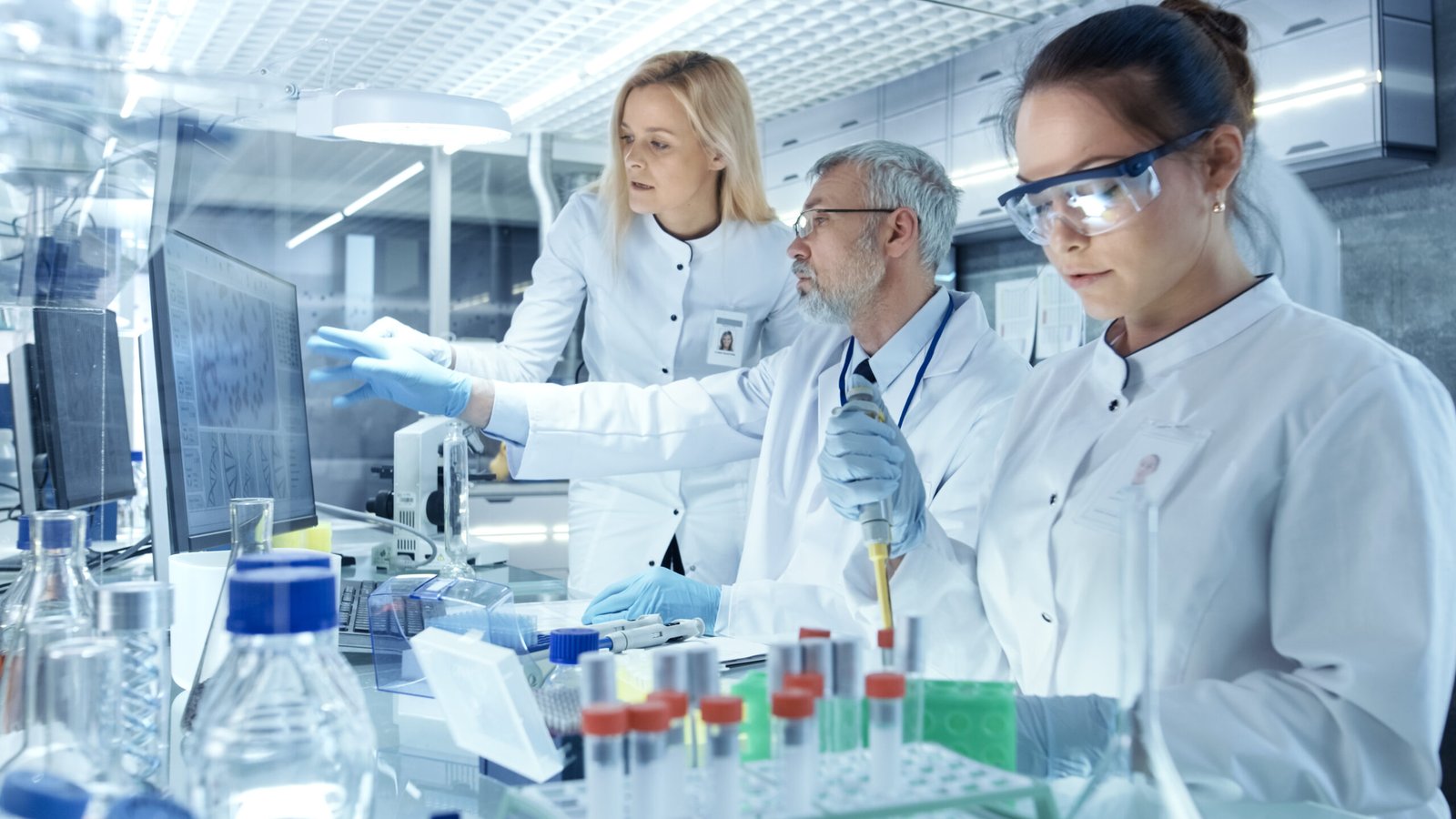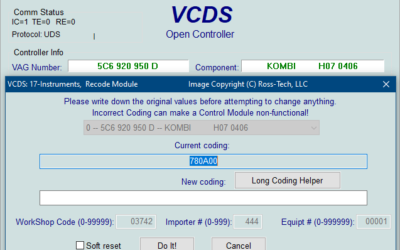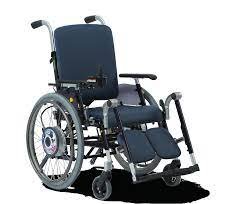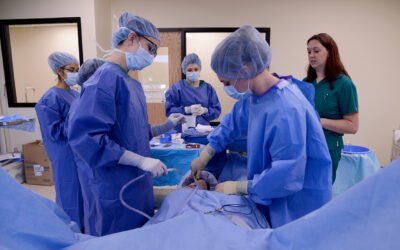What is a Med Tech?

Introduction
The field of healthcare is vast and diverse, with numerous roles contributing to the care and well-being of patients. Among these roles is the Medical Technologist, commonly known as a “Med Tech.” While doctors and nurses often receive the most recognition, Med Techs play a critical role in diagnosing and treating diseases. In this article, we will explore what a Med Tech is, their responsibilities, the education and skills required, and the impact they have on the healthcare system.
Definition of a Med Tech
A Med Tech, or Medical Technologist, is a healthcare professional who performs laboratory tests and procedures that help physicians diagnose, treat, and prevent diseases. They work in various settings, including hospitals, clinics, research laboratories, and public health organizations. Med Techs are responsible for operating sophisticated laboratory equipment, analyzing biological samples, and ensuring the accuracy and reliability of test results.
Responsibilities of a Med Tech
The role of a Med Tech is multifaceted, requiring a high level of expertise and attention to detail. Some of the key responsibilities of a Med Tech include:
Performing Laboratory Tests
Med Techs are responsible for conducting a wide range of laboratory tests, including blood tests, urine tests, tissue samples, and other bodily fluids. These tests are essential for diagnosing conditions such as infections, cancers, diabetes, and more. Med Techs must follow strict protocols to ensure the accuracy of these tests, as even minor errors can lead to incorrect diagnoses and treatments.
Operating and Maintaining Laboratory Equipment
Med Techs use advanced laboratory equipment, such as microscopes, automated analyzers, and spectrophotometers, to perform tests. They must be proficient in operating these machines and ensuring they are calibrated and maintained properly. Regular maintenance and troubleshooting are essential to prevent equipment malfunctions that could compromise test results.
Analyzing and Interpreting Results
Once tests are completed, Med Techs analyze the results and interpret the data. They must understand what the results indicate about a patient’s health and how they relate to potential diagnoses. While Med Techs do not make medical diagnoses themselves, they provide critical information that physicians use to make informed decisions.
Ensuring Quality Control
Quality control is a significant aspect of a Med Tech’s role. They must ensure that all tests are conducted under standardized conditions and that results are consistent and reliable. This includes following protocols, documenting procedures, and participating in external quality assurance programs.
Collaborating with Healthcare Teams
Med Techs often work closely with physicians, nurses, and other healthcare professionals. They may discuss test results, suggest additional testing if necessary, and provide insights based on their laboratory findings. Effective communication and teamwork are vital to ensuring the best patient outcomes.
Education and Training for a Med Tech
Becoming a Med Tech requires specialized education and training. The path typically involves the following steps:
Obtaining a Bachelor’s Degree
The first step to becoming a Med Tech is earning a bachelor’s degree in medical technology, clinical laboratory science, or a related field. This program typically includes coursework in biology, chemistry, microbiology, and laboratory techniques. Students also receive hands-on training in laboratory settings to develop the practical skills needed for the job.
Completing a Clinical Internship
After completing their degree, aspiring Med Techs must complete a clinical internship or practicum. This involves working in a laboratory under the supervision of experienced professionals. During this period, they gain practical experience in performing tests, operating equipment, and ensuring quality control.
Obtaining Certification
In many countries, certification is required to work as a Med Tech. In the United States, for example, certification can be obtained through organizations such as the American Society for Clinical Pathology (ASCP) or the American Medical Technologists (AMT). To become certified, candidates must pass a comprehensive exam that tests their knowledge and skills in medical technology.
Pursuing Continuing Education
The field of medical technology is constantly evolving, with new techniques and technologies emerging regularly. To stay current, Med Techs are encouraged to pursue continuing education throughout their careers. This may involve attending workshops, taking additional courses, or earning advanced certifications.
Essential Skills for a Med Tech
Being a successful Med Tech requires a combination of technical expertise and personal qualities. Some of the essential skills for this role include:
Attention to Detail
Med Techs must be meticulous in their work, as even small errors can have significant consequences. They need to follow protocols precisely and double-check their work to ensure accuracy.
Analytical Thinking
Med Techs must be able to analyze complex data and interpret test results accurately. This requires strong critical thinking skills and the ability to make connections between different pieces of information.
Technical Proficiency
Operating laboratory equipment and performing tests require a high level of technical skill. Med Techs must be comfortable with technology and able to learn how to use new equipment as it becomes available.
Communication Skills
Med Techs often need to explain test results to physicians and other healthcare professionals. They must be able to communicate complex information clearly and effectively.
Problem-Solving Abilities
When issues arise, such as equipment malfunctions or unexpected test results, Med Techs must be able to troubleshoot and find solutions quickly. This requires strong problem-solving skills and the ability to think on their feet.
The Impact of Med Techs on Healthcare
Med Techs play a vital role in the healthcare system, contributing to patient care in ways that are often behind the scenes but no less critical. Their work ensures that physicians have accurate and timely information to make diagnoses, prescribe treatments, and monitor patient progress. Without the contributions of Med Techs, the quality of healthcare would be significantly compromised.
Supporting Accurate Diagnoses
One of the most important contributions of Med Techs is their role in providing accurate diagnostic information. Laboratory tests are essential for diagnosing a wide range of conditions, from infections to chronic diseases. Med Techs ensure that these tests are performed correctly and that the results are reliable, which directly impacts patient care.
Contributing to Public Health
Med Techs also play a role in public health by conducting tests that help monitor and control the spread of diseases. For example, during outbreaks of infectious diseases, Med Techs may be involved in testing samples to identify pathogens and track the spread of illness. Their work is essential in informing public health responses and preventing further spread.
Enhancing Treatment Outcomes
By providing accurate test results, Med Techs contribute to more effective treatment plans. When physicians have reliable information about a patient’s condition, they can tailor treatments more precisely, leading to better outcomes. This is particularly important in managing chronic diseases, where ongoing monitoring is necessary.
Supporting Research and Innovation
Med Techs are often involved in research that leads to new diagnostic techniques and treatments. Their expertise in laboratory science makes them valuable contributors to medical research, helping to advance the field and improve patient care.
Conclusion
In conclusion, a Med Tech is a highly skilled healthcare professional who plays a crucial role in the diagnosis, treatment, and prevention of diseases. Their work in the laboratory is fundamental to the functioning of the healthcare system, providing the accurate and reliable information that physicians rely on to care for their patients. Through their expertise and dedication, Med Techs make a significant impact on patient outcomes and the overall quality of healthcare.










